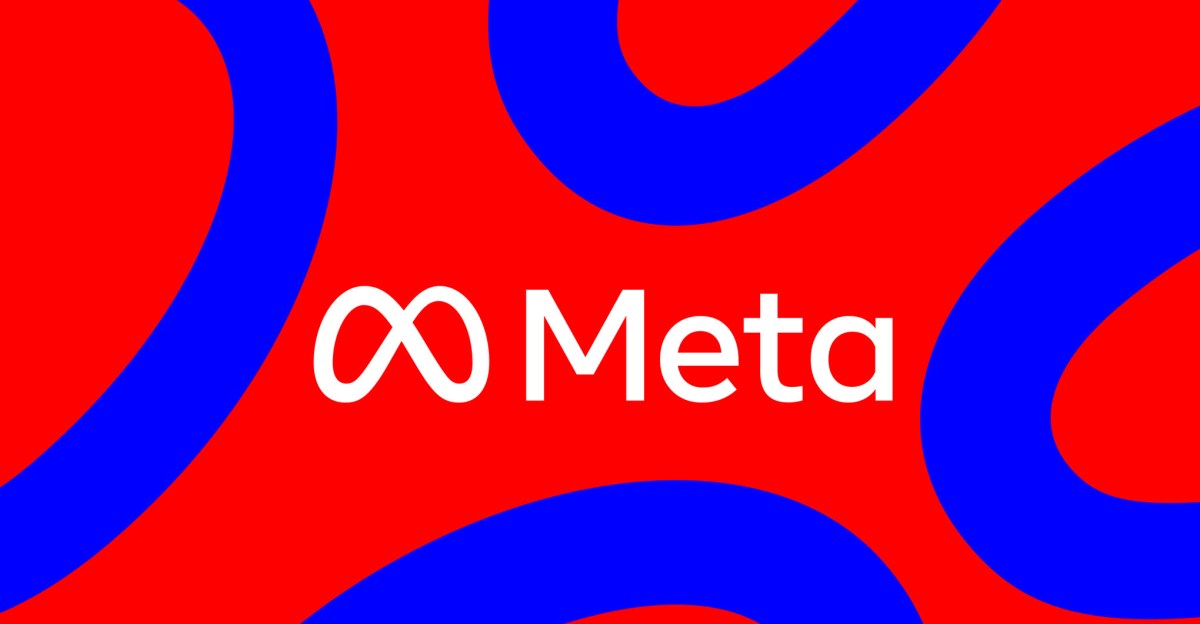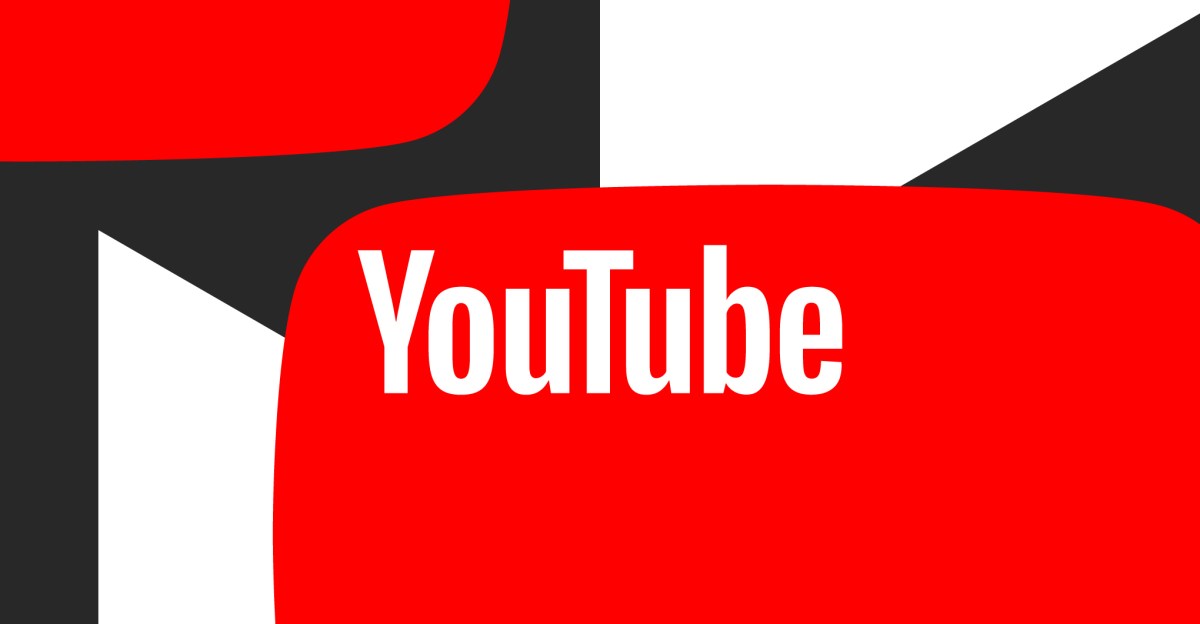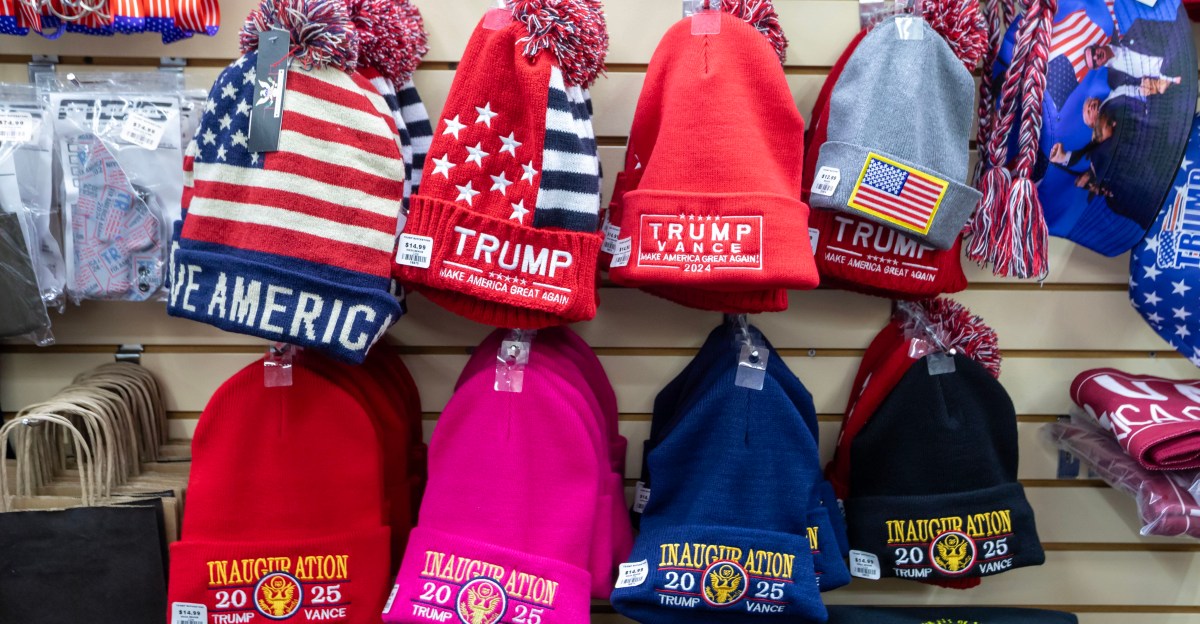Latest Tech News
Spotify’s new 30-hour audiobook plans are too short to finish long books

Spotify has launched two new Audiobooks Plus add-on subscriptions that allow Premium users to double their audiobook listening limit to 30 hours. They’re available to individual Premium subscribers and users who manage Family and Duo plans. Other users on Premium accounts can now also request 15 hours of audiobook access from their plan manager. However, the new plans are still too short for those who prefer to listen to longer books.
The 30-hour limit won’t get you through titles like George R. R. Martin’s A Game of Thrones or Brandon Sanderson’s The Way of Kings, for example. You could listen to two or three smaller novels instead, but if you want to re-listen to them in the future, you’ll have to sacrifice those hours again. And you can forget about buying books to get around these issues — any audiobook included in Premium isn’t available for Premium subscribers to purchase.
I scoured through Spotify’s audiobook listings to find anything I could buy as a Premium subscriber and came up with nothing. By comparison, Audible’s $14.95 premium plan gives users an entire free book each month that they can keep forever, and frequently has titles on sale for far less than the price of Spotify’s time-based top-ups. The payouts that Spotify gives to authors are reportedly better than what Audible pays, but it sucks that Spotify makes it so difficult to support authors directly with purchases.
These add-ons are currently only available for Spotify Premium users in the UK, Australia, New Zealand, France, Belgium, Luxembourg, Germany, Austria, Switzerland, Liechtenstein, and the Netherlands, following initial tests in Ireland and Canada. Pricing will vary by region. In the UK, both Audiobook add-ons are priced at £8.99 (about $12, which could double the $11.99 individual Premium plan pricing in the US).
Spotify will eventually introduce similar plans to the US, according to TechCrunch, though users in that region already have the option to purchase 10-hour audiobook top-ups for $12.99. The main perk here is convenience — these rolling add-on subscriptions will automatically allow Premium users to listen to 30 hours of audiobooks each month without needing to buy top-ups. A Spotify spokesperson wasn’t immediately available to comment on how many users currently listen to over 15 hours of audiobooks.
The 15 hours provided to Premium subscribers is a “nice to have” if you also stream music on the platform, especially if you only listen to a handful of shorter book titles every month. Spotify also has a $9.99 audiobook-only Premium plan that provides 15 hours of listening with no music perks if you prefer to listen to your tunes elsewhere.

Latest Tech News
Meta is playing the AI game with house money

Mark Zuckerberg’s AI hiring spree is costing a lot of money. His investors don’t care.
Meta’s stock price shot up over 10 percent on Wednesday after the company reported better-than-expected earnings. Revenue generated in the second quarter was $47.5 billion, up 22 percent from a year ago. Daily users across Facebook, Instagram, Threads, and WhatsApp grew to almost 3.5 billion. Meta also warned Wall Street that it would spend more on data centers and hiring next year. In response to all this, the company’s valuation increased by over $175 billion, or more than 12 Scale AI deals.
”Our business continues to perform very well, which enables us to invest heavily in our AI efforts,” Zuckerberg said during today’s earnings call. Meta’s cash cannon is now fully pointed at his new moonshot of achieving superintelligence, or as he puts it, AI that “surpasses human intelligence in every way.” He bragged about providing the richly compensated members of his new superintelligence lab “access to unparalleled compute” for training new models that will “push the next frontier in a year or so.”
Zuckerberg’s last moonshot was the metaverse, which came up only once at the very end of today’s earnings call. It’s too early to compare the two projects, but they share a key similarity: they need the kind of funding that only a company like Meta can provide.
Where AI differs from the metaverse, however, is that it appears to be already improving Meta’s ads business. A new AI model for delivering ads has driven approximately five percent more conversions on Facebook and three percent more conversions on Instagram, according to CFO Susan Li. Large language models are also starting to power how posts are ranked in feeds across the company’s apps, including Threads.
While Meta is still spending heavily on the metaverse (it’s on track to spend a total of $100 billion on its Reality Labs division this year), there’s no mistaking the fact that AI is officially Zuckerberg’s top priority. This time, though, he’s playing catch-up in a heated race, not trying to invent a new platform from scratch. The stakes are much higher, even if he’s playing the game with house money.
Latest Tech News
YouTube tells creators they can drop more F-bombs

YouTube videos with strong profanity in the first seven seconds (words like “fuck”) are now eligible for full monetization, according to a video from Conor Kavanagh, YouTube’s head of monetization policy experience. Previously, these kinds of videos were only eligible for “limited ad revenue.”
Changes to YouTube’s inappropriate language policies have long been a sore spot for creators. In November 2022, the company began to potentially limit ad revenue if profanity was used in the first 8–15 seconds of a video. ProZD, whose real name is SungWon Cho, published a video where, after waiting 15 seconds, he called the policy change “the dumbest fucking shit I’ve ever heard.” (He later said that the video was demonetized.) YouTube adjusted its policies in March 2023, including allowing videos with profanity in the first 8–15 seconds to be eligible for ad revenue.
I asked ProZD his thoughts about Tuesday’s change. “It’s about fucking time.”
The company originally restricted monetization for videos with swearing at the start of videos to “align with broadcast standards,” Kavanagh says. “Advertisers expected ads on YouTube to have distance between profanity and the ad that just served.” However, “those expectations have changed,” he says, “and advertisers already have the ability to target content to their desired level of profanity.”
While the only specific example of “strong” profanity Kavanagh provides is “fuck” — he says that YouTube defines “moderate profanity” as words like “asshole” or “bitch” — “you get the idea,” he says.
YouTube will continue to limit monetization if you use moderate or strong profanity in titles or thumbnails. Videos with a “high frequency” of strong profanity are also still a “violation” of YouTube’s advertiser-friendly content guidelines, Kavanagh says. “You have to pick and choose your fucks carefully.”
Latest Tech News
The controversial legal tactic The Trump Organization is using to take down fake merch

Unauthorized merch promoting Donald Trump — from hats and mugs to signs and T-shirts — is everywhere online. Go to a Trump rally or other MAGA political event and you’re bound to find people hawking their DIY Trump wares.
The Trump Organization apparently isn’t too pleased.
A lawsuit filed last week claims online sellers on platforms like eBay, Amazon, and Walmart are hawking goods that infringe on the Trump Organization’s trademarks.
“Defendants design the online marketplace accounts to appear to be selling genuine TRUMP Products while selling inferior imitations of such products,” the suit, filed in US District Court in Florida, reads.
But The Trump Organization’s lawsuit isn’t your run-of-the-mill trademark case — look at the filing and you won’t find a list of sellers the firm is going after. Instead, there’s a vague stand-in for the defendants: “The individuals, corporations, limited liability companies … identified on Schedule A.”
These lawsuits are a way to go after dozens, hundreds, or even upwards of a thousand online storefronts all at once, making it much cheaper for plaintiffs. Schedule A suits are regularly filed under seal, meaning there isn’t the same level of public transparency. At times, plaintiffs have been able to get extraordinary remedies in court, like getting defendants’ assets frozen — including in a case I wrote about where an Amazon seller was unable to withdraw $50,000 in earnings.
These types of lawsuits get their name from the separate “Schedule A” form that’s filed to court — often under seal — listing all the online storefronts being sued. While it’s true that the web is filled with knockoffs, some experts have argued that Schedule A suits at times go overboard and raise due process concerns for the entities being accused of selling infringing products.
I’m not a judge or a trademark expert, so I will make no judgment on the merits of The Trump Organization’s claims. But it’s fascinating to see the president’s private business take up the same legal tactic that’s used by brands like Nike. Fake (or, to be more precise, unauthorized) Trump merch feels part and parcel with the MAGA ecosystem, whether it’s a homemade Trump yard sign or bloody post-assassination attempt pictures being plastered on T-shirts for sale on Etsy.

 Fintech1 week ago
Fintech1 week agoOpenAI and UK Government Partner on AI Infrastructure and Deployment

 Latest Tech News2 weeks ago
Latest Tech News2 weeks agoThe tech that the US Post Office gave us

 Cyber Security1 week ago
Cyber Security1 week agoMicrosoft Fix Targets Attacks on SharePoint Zero-Day – Krebs on Security

 Latest Tech News1 week ago
Latest Tech News1 week agoTrump wanted to break up Nvidia — but then its CEO won him over

 Artificial Intelligence2 weeks ago
Artificial Intelligence2 weeks agoApple loses key AI leader to Meta

 Cyber Security1 week ago
Cyber Security1 week agoPhishers Target Aviation Execs to Scam Customers – Krebs on Security

 Latest Tech News6 days ago
Latest Tech News6 days agoGPD’s monster Strix Halo handheld requires a battery ‘backpack’ or a 180W charger

 Artificial Intelligence1 week ago
Artificial Intelligence1 week agoWhy Apple is playing it slow with AI
















